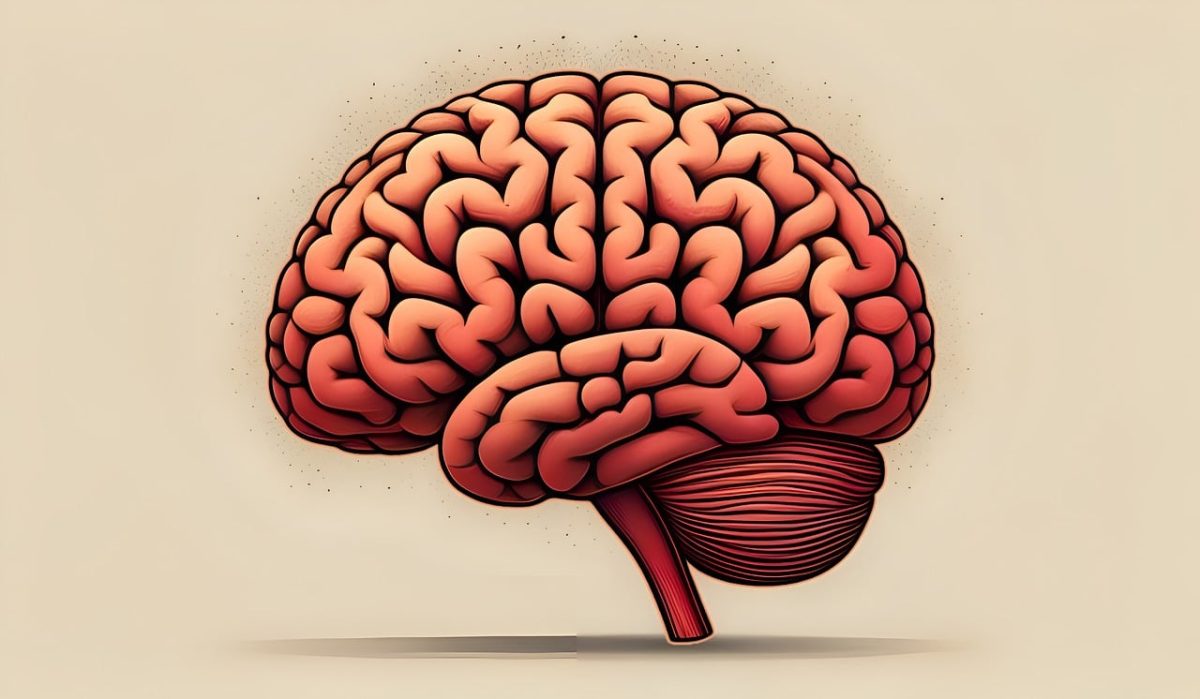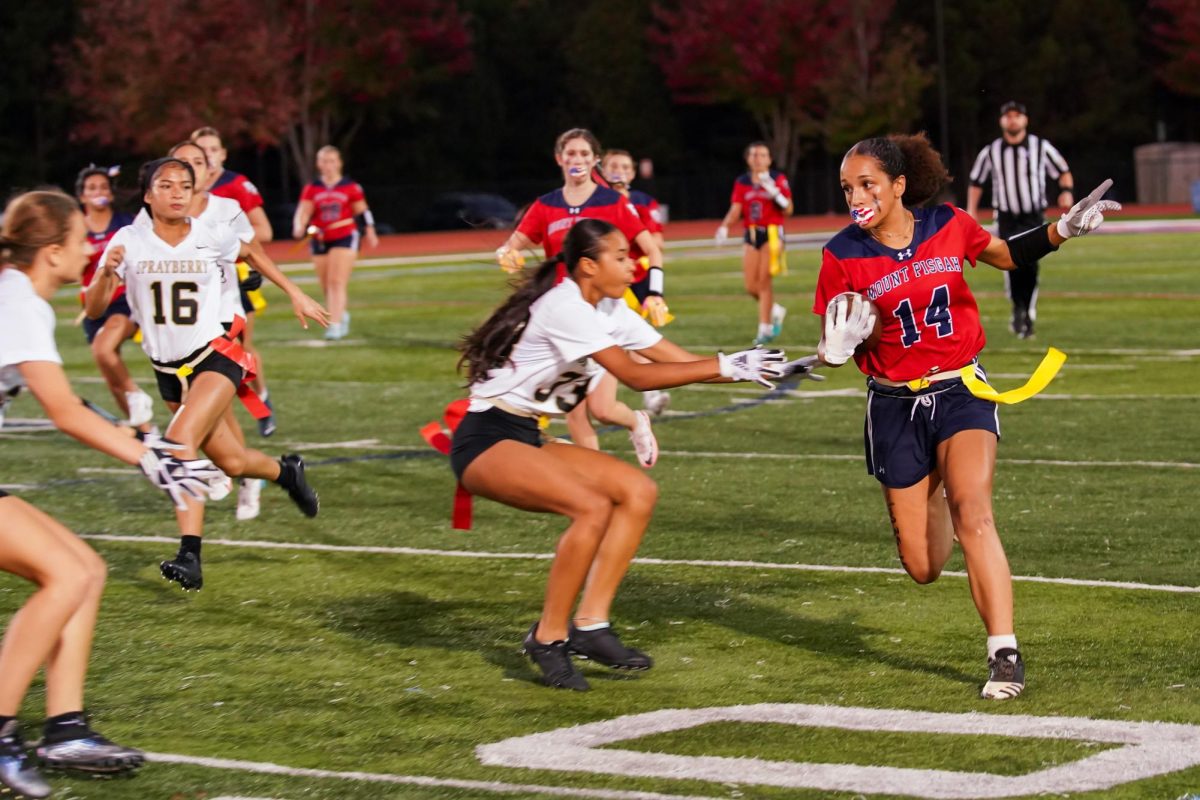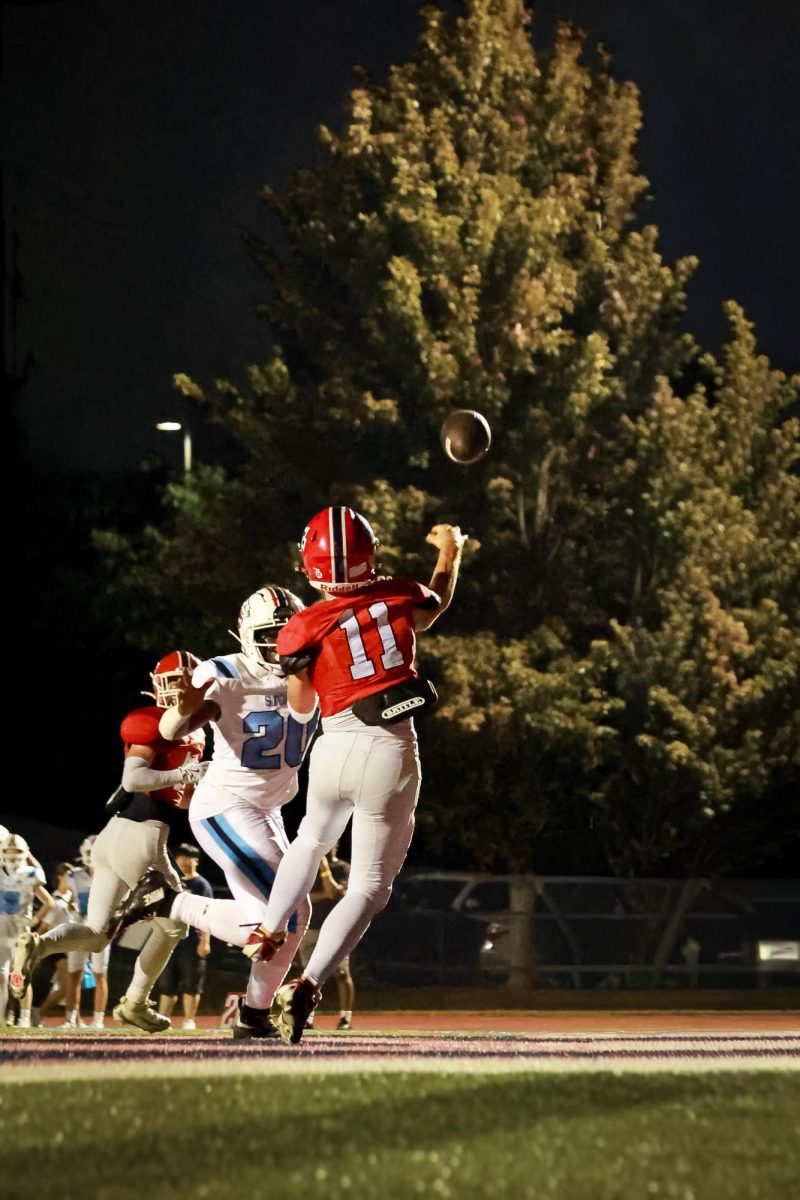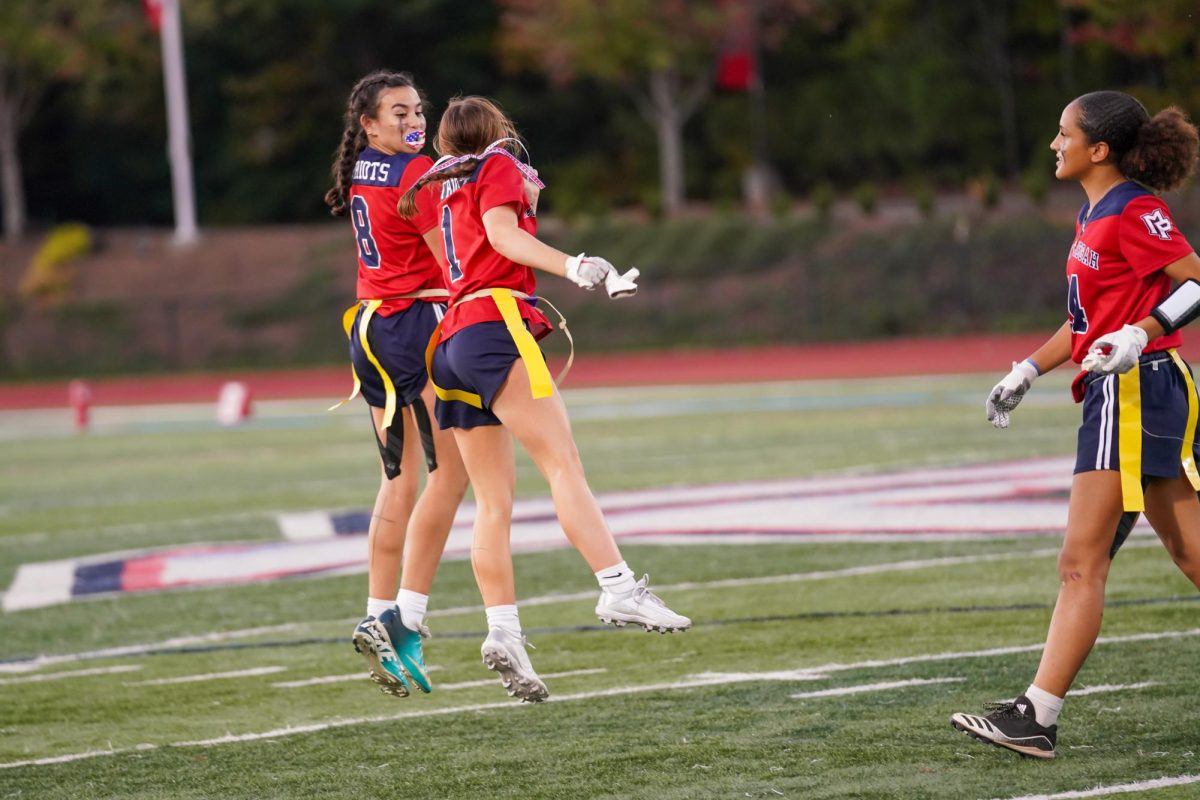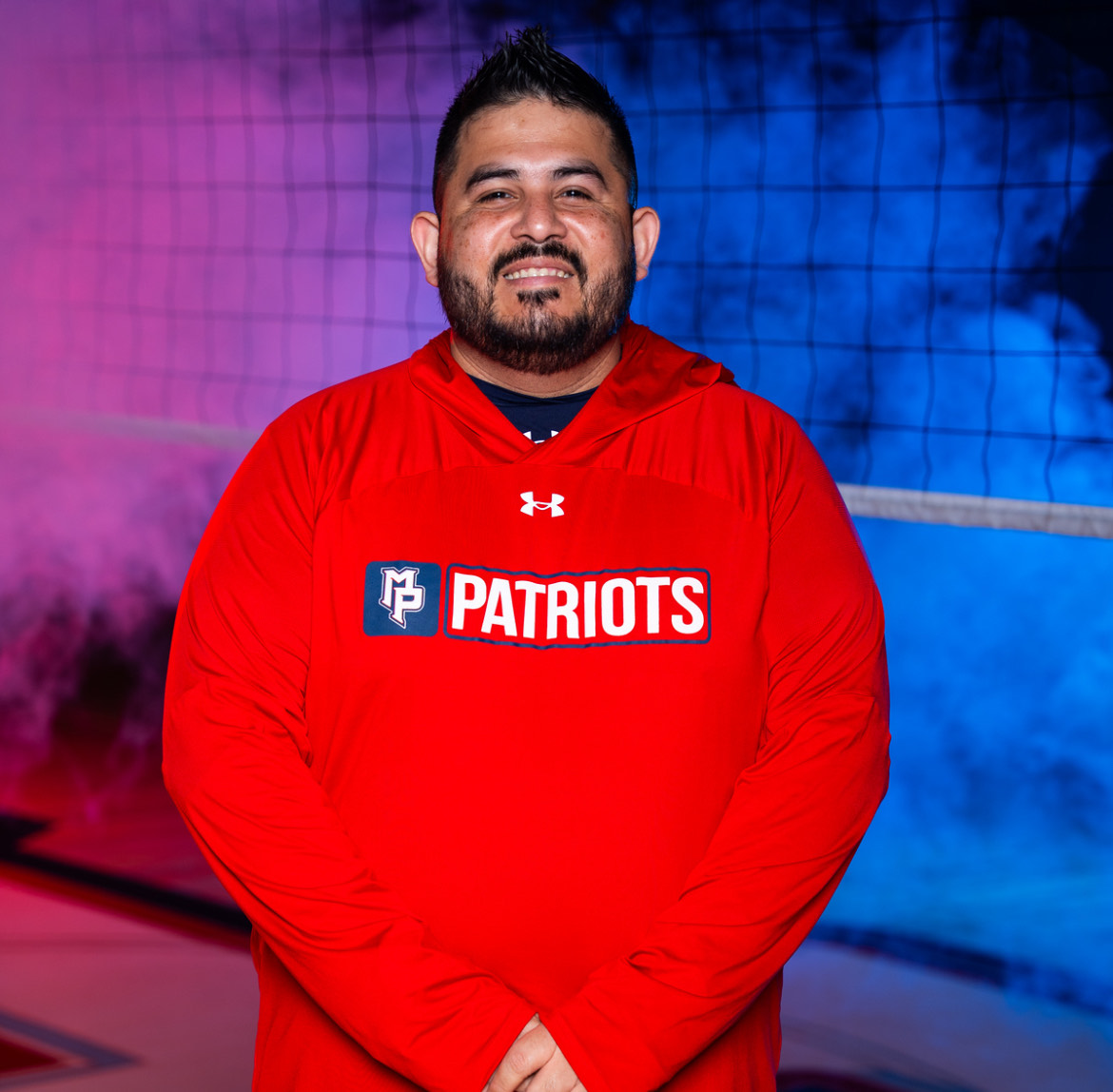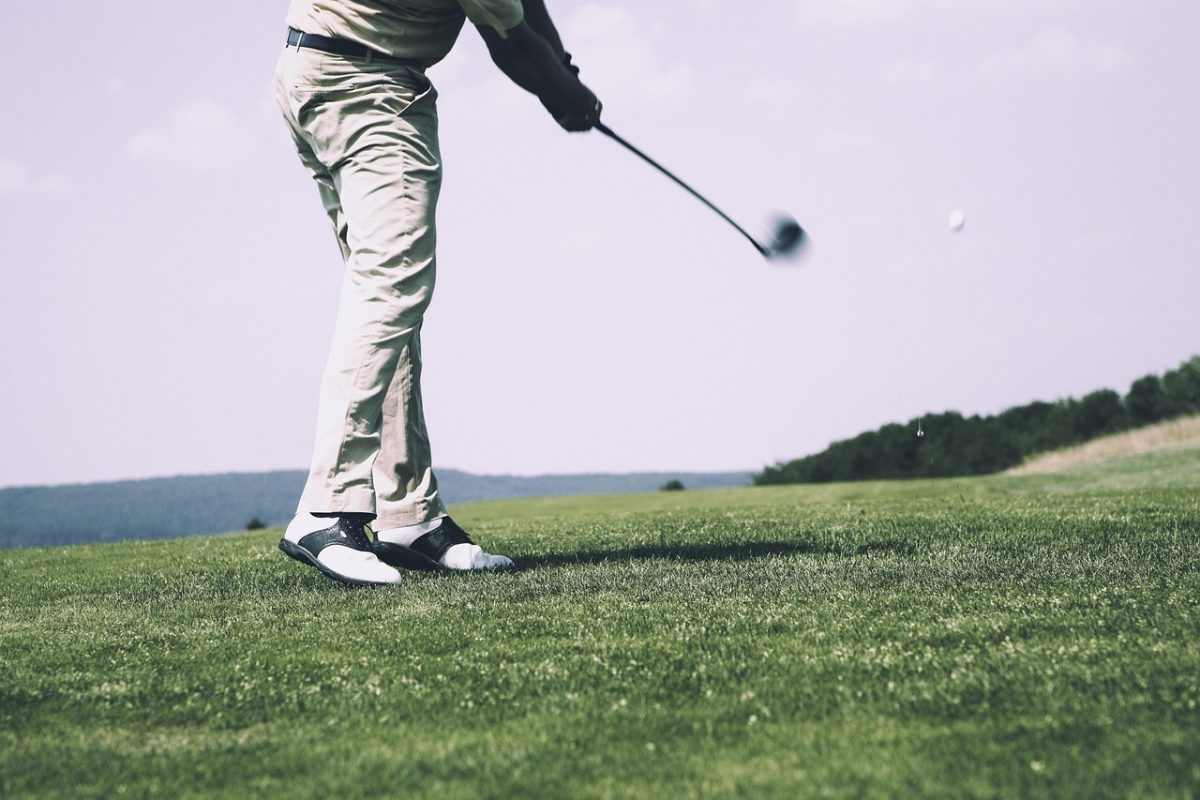When playing a contact sport there is an extremely high risk of getting a concussion.
An article by MedStar Health shows that 5-10% of athletes that play contact sports get concussions each year. This can highly affect students’ ability to perform, the use of their brain now and in their future, depending on the severity.
Freshman Caitlin Konstadinidis has had four concussions from playing contact sports.
“I couldn’t use my head after having a concussion. It’s like a migraine that lasts a month and I couldn’t participate in any sports, said Kinstandinidis. “It is definitely a high risk to play contact sports. I continue playing contact sports even though I’ve had concussions because I love what I do and for me, I think it’s worth the risk.”
Concussions tend to happen toward the end of sport seasons when athletes are more tired making them not perform as well and be less efficient. This causes them to bump into other players causing danger especially in a sport like women’s lacrosse, where there is no head protection. 62% of concussions come from athletes bumping into other players, 17% is from a surface, 15% is from equipment.
Sophia Mason suffered a concussion from basketball.
“I had to take time away from the sport and sit out. I was not able to practice at all because I had to let my head heal and it constantly hurt. I tried to be more aware of my surroundings after my concussion so I wouldn’t get another one,” said Mason.
Concussions are not only bad when they happen and right after, but could have life-long effects.
If someone gets repetitive concussions, they could suffer from a disease called CTE (Chronic Traumatic Encephalopathy). CTE is a fatal brain disease associated with traumatic brain injuries and dementia, along with various mood and behavior changes.
Unfortunately, someone can not be diagnosed with CTE until after they are dead and an autopsy is done on the brain..
However, there is hope surrounding getting diagnosed with CTE before death. New findings in a 2024 study done by the School of Public Health researchers at Boston University’s CTE Center have linked symptoms that people are experiencing in everyday life to CTE.
Parents should allow their children to play contact sports, but it is extremely important to teach them how to be safe and to report symptoms of head trauma to a coach or athletic trainer.


